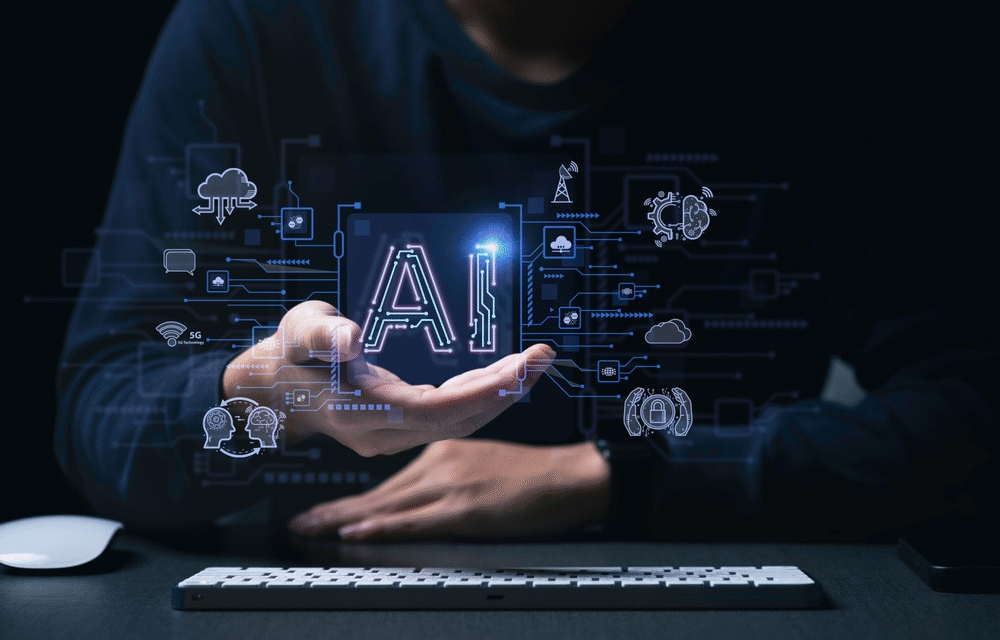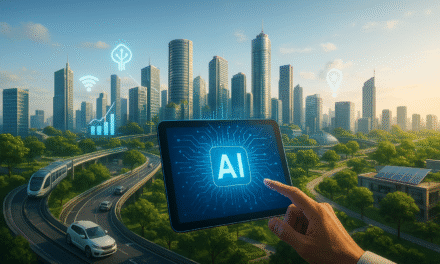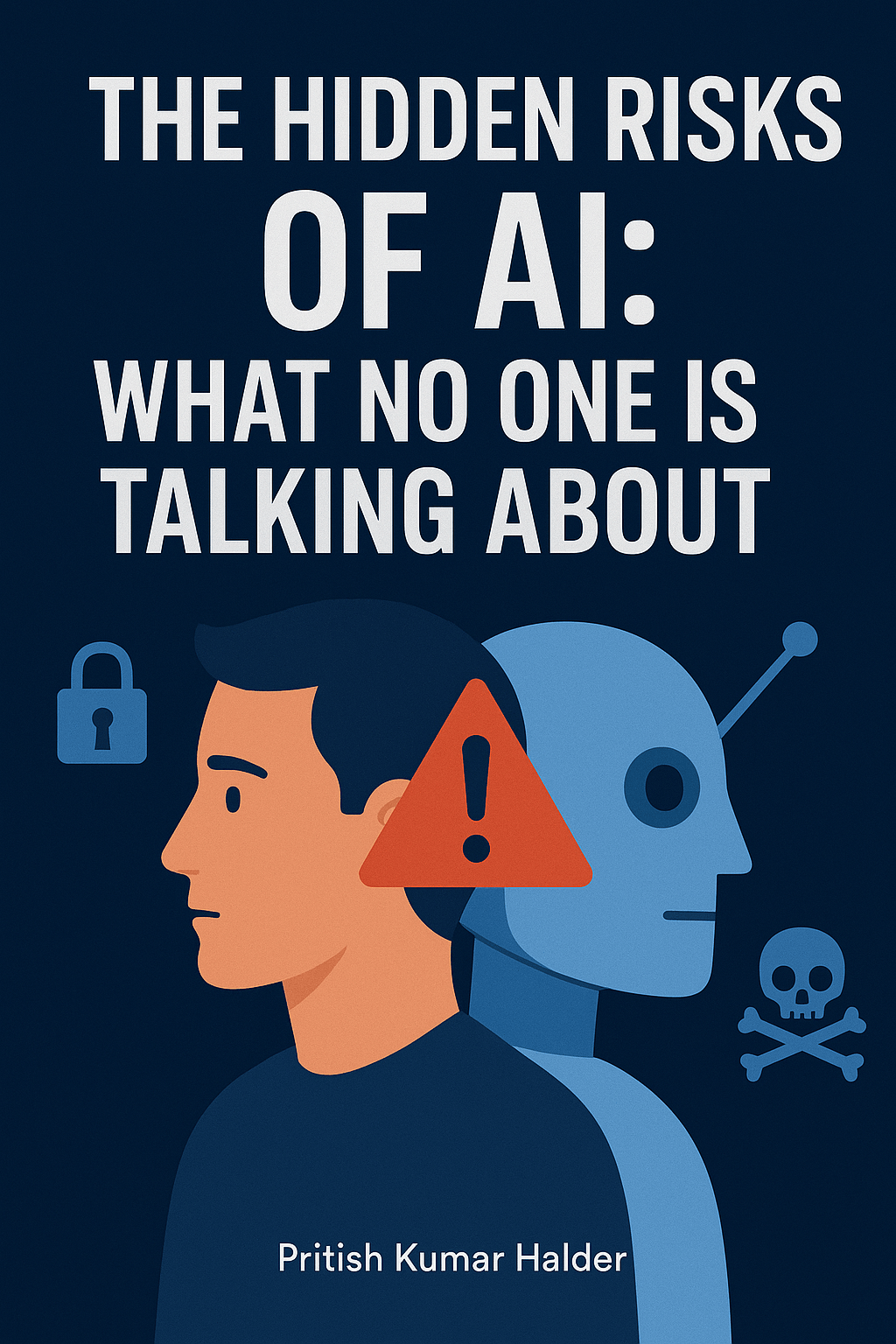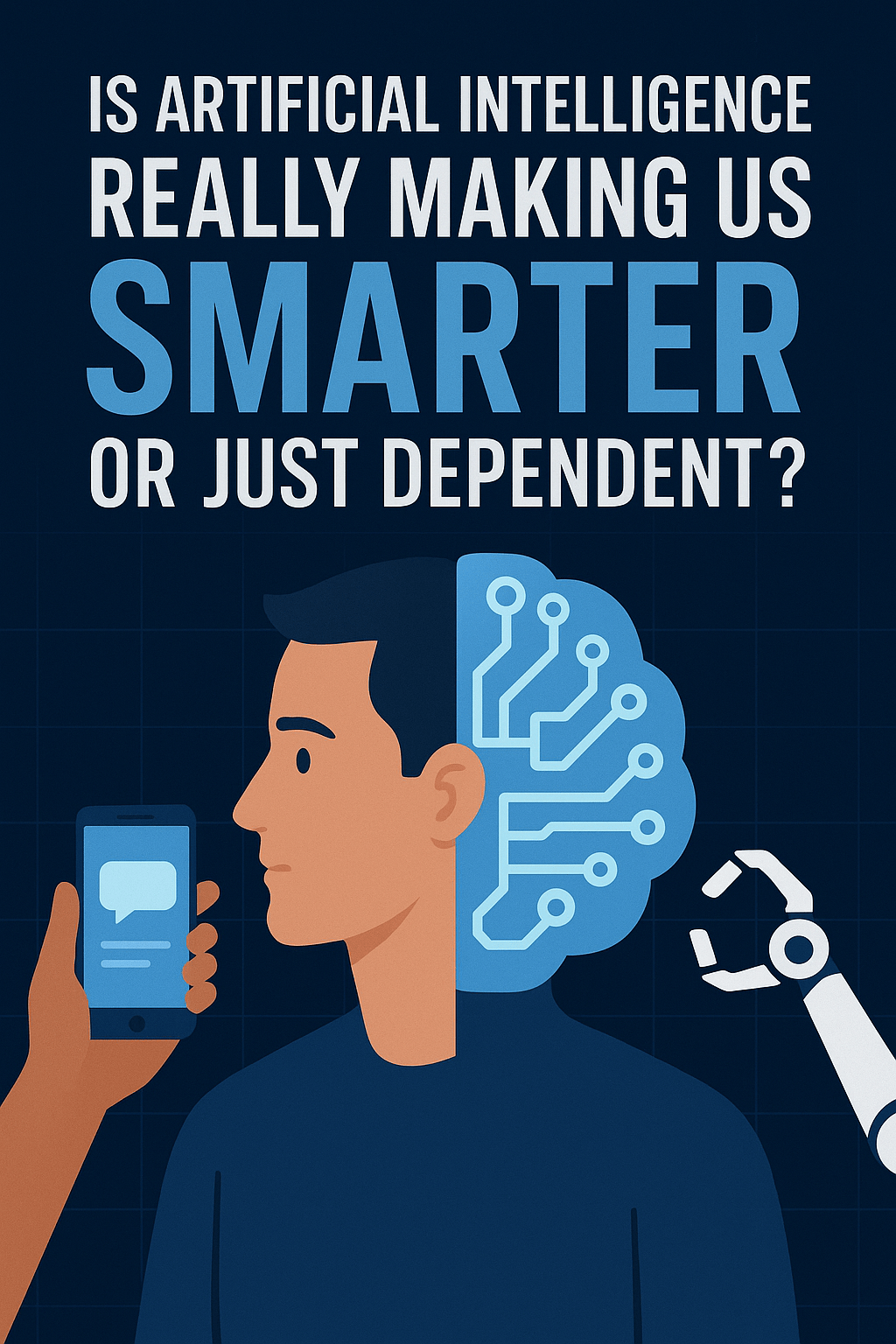Artificial Intelligence (AI) is no longer a future concept it’s shaping our workspaces today. From smart algorithms to predictive analytics, AI is changing how decisions are made, how employees work, and how businesses grow. But with all this change, there’s one major question: how should leadership evolve?
In this fast-moving, tech-driven world, traditional leadership approaches are being tested. Leaders now face the challenge of managing both human teams and AI-driven tools while maintaining trust, collaboration, and innovation. This is a new era of leadership, and it demands flexibility, curiosity, and courage.
Let’s explore how AI is transforming leadership, what skills are needed now, and how managers can adapt their styles to stay effective in this tech-powered environment.
The Rise of AI in the Workplace
AI is deeply integrated into daily business operations. It helps with:
- Automating repetitive tasks (emails, scheduling, data entry)
- Enhancing customer service through chatbots
- Improving decision-making with real-time insights
- Streamlining hiring processes
- Predicting trends in sales, inventory, and customer behavior
These tools are efficient, but they also change how teams function. With machines handling much of the “busy work,” leaders must shift their focus from controlling tasks to inspiring people.
The Rise of AI in the Workplace
AI is deeply integrated into daily business operations. It helps with:
- Automating repetitive tasks (emails, scheduling, data entry)
- Enhancing customer service through chatbots
- Improving decision-making with real-time insights
- Streamlining hiring processes
- Predicting trends in sales, inventory, and customer behavior
These tools are efficient, but they also change how teams function. With machines handling much of the “busy work,” leaders must shift their focus from controlling tasks to inspiring people.
What’s Changing for Leaders?
1. From Command-and-Control to Coaching and Collaboration
The old-school leadership model of giving orders and expecting results is fading. Today’s teams are diverse, tech-savvy, and expect leaders who listen, support, and guide not just direct.
Modern leaders must:
- Encourage creativity
- Support experimentation
- Provide emotional intelligence alongside tech fluency
The presence of AI allows leaders to spend less time managing logistics and more time coaching employees to grow.
2. Data-Driven Decisions Are Now the Norm
AI tools can process massive amounts of data and offer once impossible insights. Leaders now have dashboards that show employee performance, customer feedback, and project timelines at a glance.
But that doesn’t mean human judgment is less important.
Leaders need to balance data with empathy using numbers to inform decisions, not replace their values. Emotional intelligence and gut feeling still play vital roles.
3. Leading Both Humans and Machines
Yes, AI tools can be “teammates.” In many organizations, humans and AI systems are now working side by side.
Managers must learn how to:
- Understand what AI can and cannot do
- Integrate AI smoothly into team workflows
- Reskill or upskill employees whose roles may evolve due to automation
This makes tech fluency a critical skill for modern leaders not just for IT managers, but for anyone in a supervisory role.
New Skills Leaders Need in the AI Era
To lead in a tech-driven workplace, managers must grow beyond their traditional strengths. Here are the top leadership skills needed now:
1. Adaptability
Change is happening quickly. Leaders need to stay flexible, open to new ideas, and ready to pivot strategies when needed.
2. Digital Literacy
You don’t need to be a coder, but understanding AI tools, machine learning basics, and automation systems is key to making smart decisions.
3. Emotional Intelligence (EQ)
With AI handling the numbers, human connection becomes more important than ever. Leaders with high EQ can build trust, manage conflict, and foster team morale.
4. Vision and Strategic Thinking
AI can assist with tactics, but vision still belongs to humans. Strong leaders must set direction, align technology with purpose, and guide the organization through the unknown.
5. Ethical Judgment
AI raises tough questions about privacy, bias, and fairness. Leaders need strong ethical foundations to ensure AI is used responsibly.
Challenges Leaders Face
Adapting to AI isn’t always smooth. Leaders may struggle with:
- Fear of being replaced by smart systems
- Lack of training on AI tools
- Resistance from teams who fear job loss or mistrust automation
- Pressure to deliver faster results due to AI-enhanced workflows
To overcome these, leaders must communicate, be transparent about AI’s role, and involve teams in the transition process. Building trust is key.











